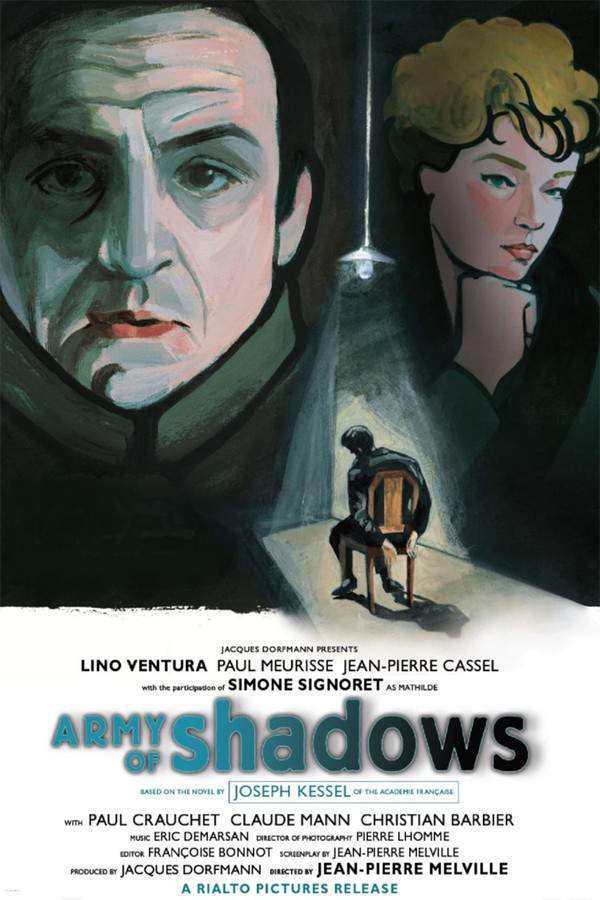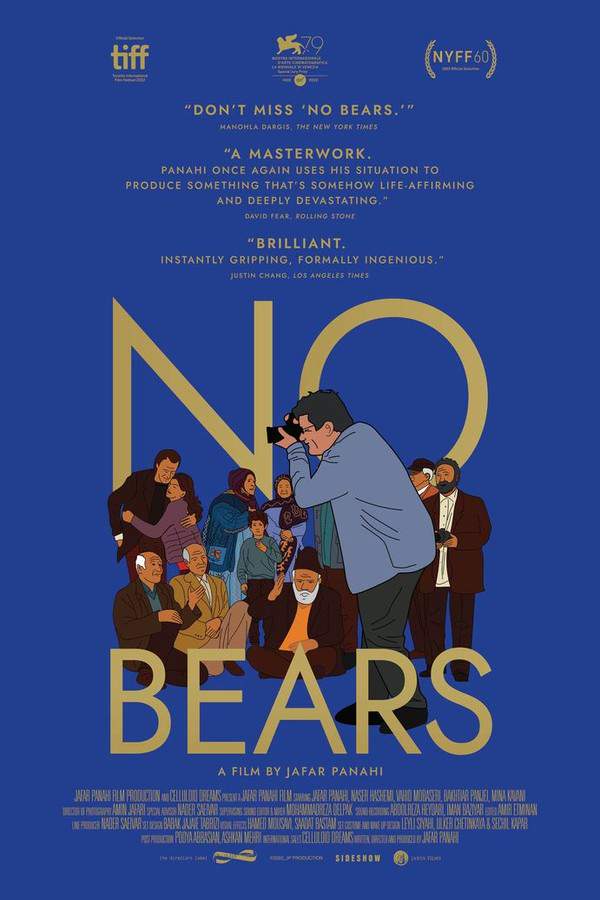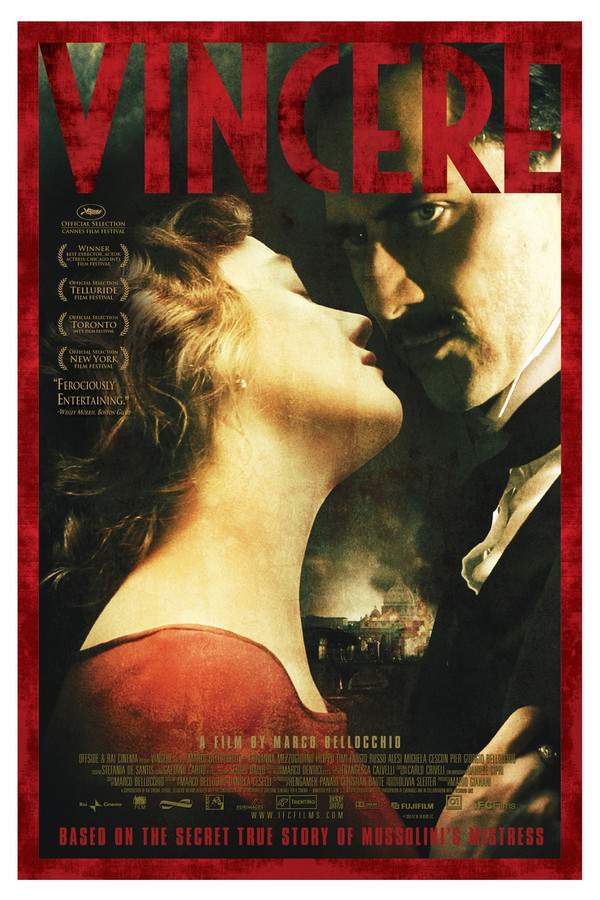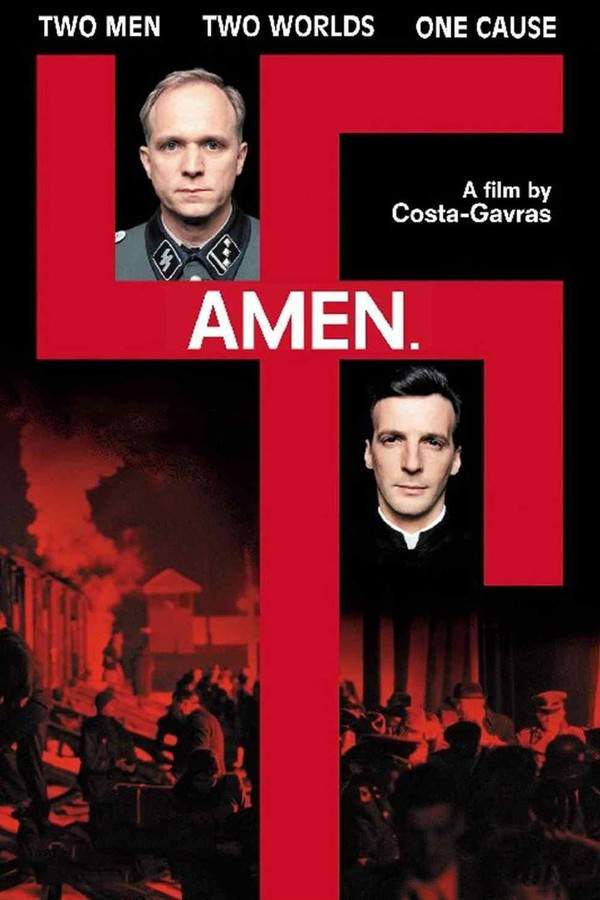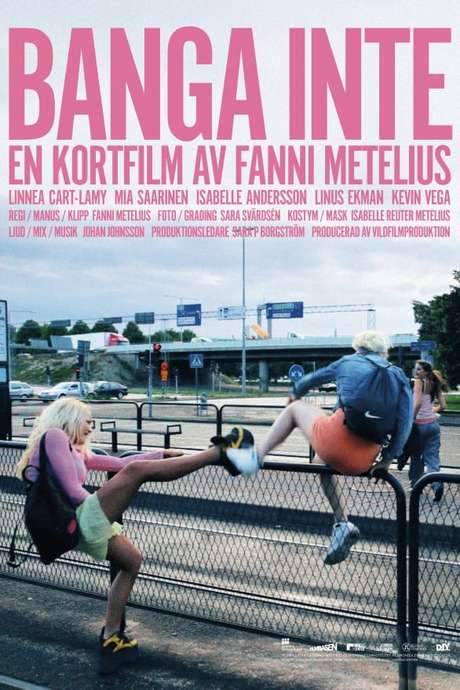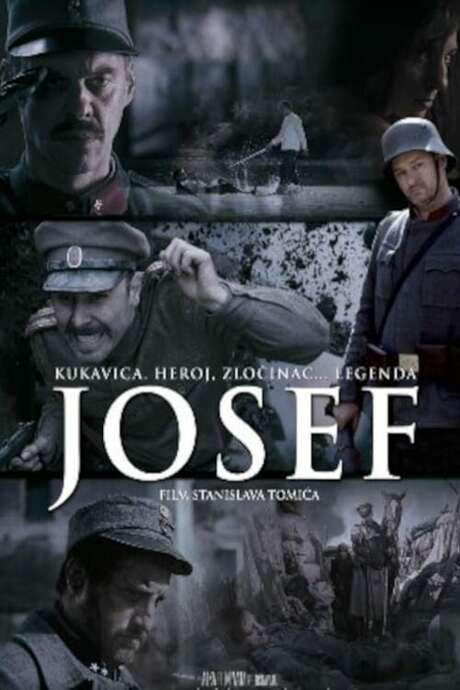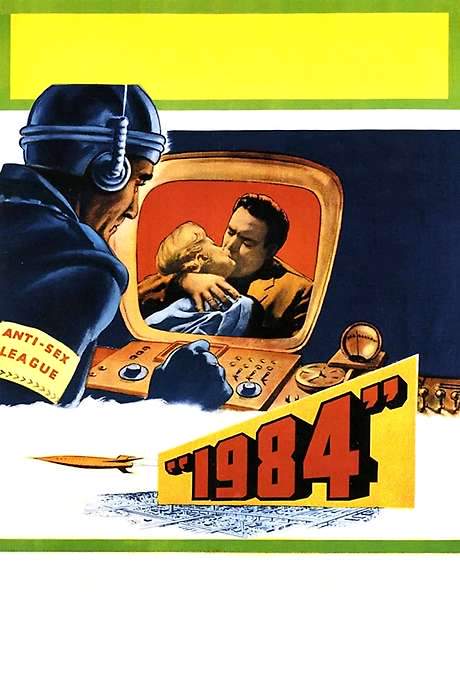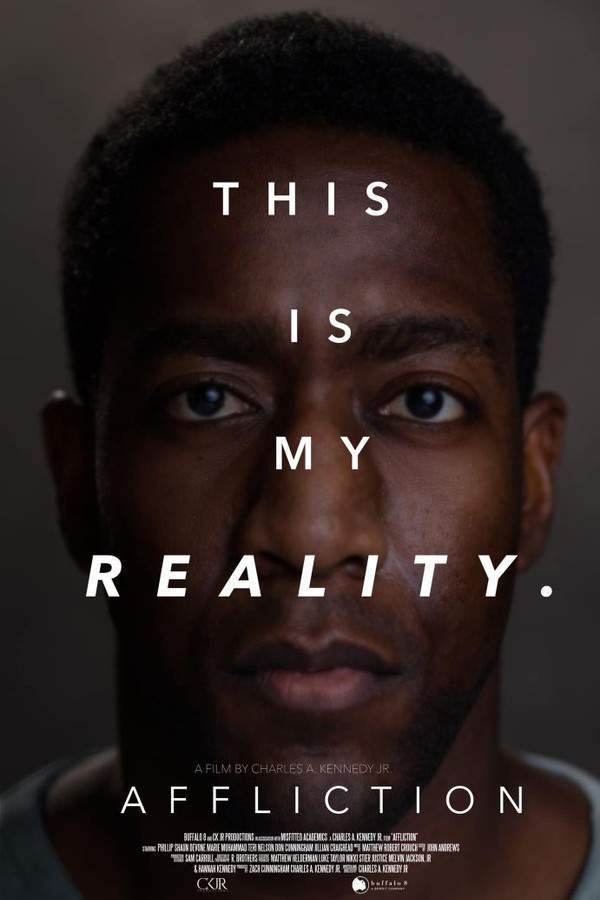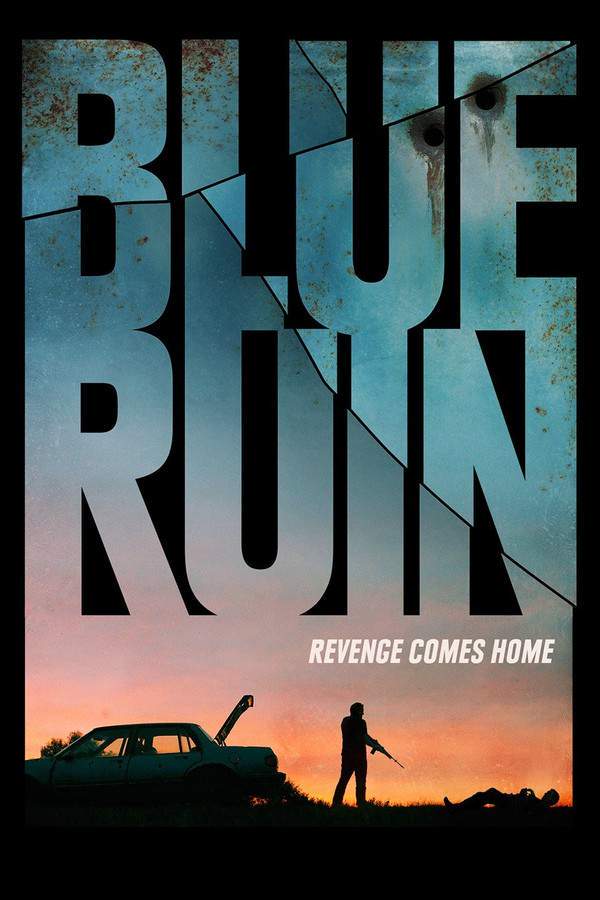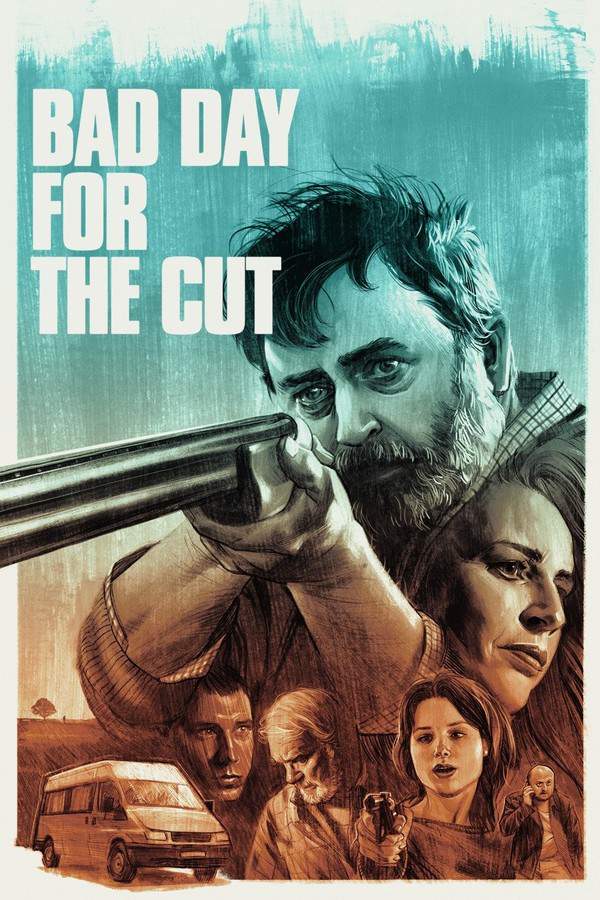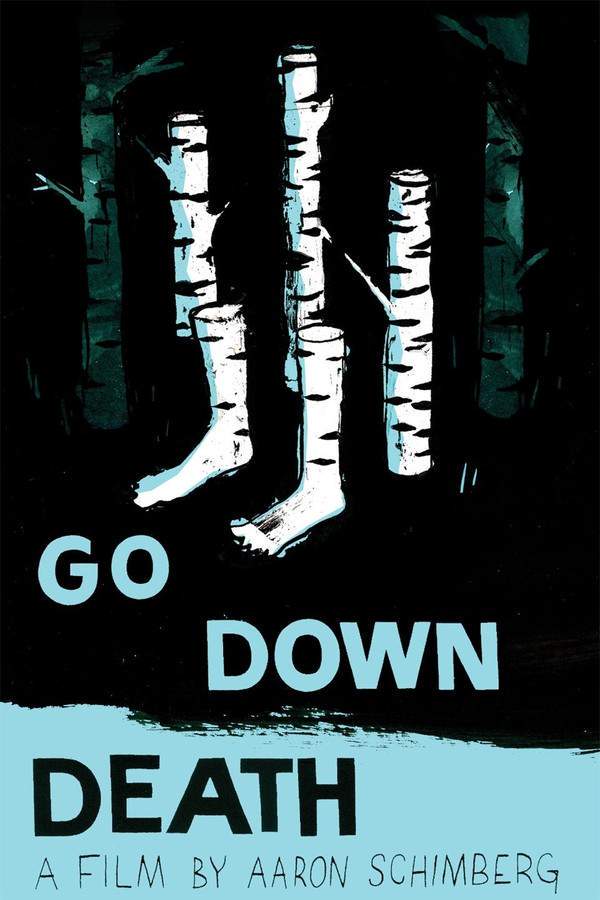
Jew Suss: Rise and Fall
Year: 2010
Runtime: 114 mins
Language: German
Director: Oskar Roehler
It follows actor Ferdinand Marian (Tobias Moretti), coerced by Nazi propaganda chief Joseph Goebbels into starring in the 1940 anti‑Jewish film Jew Suss. While he initially complies, the decision brings devastating personal consequences: his Jewish wife Anna (Martina Gedeck) is deported to a concentration camp, and as the war deepens Ferdinand’s conscience rebels, ultimately ending his career and life in ruin.
Warning: spoilers below!
Haven’t seen Jew Suss: Rise and Fall yet? This summary contains major spoilers. Bookmark the page, watch the movie, and come back for the full breakdown. If you're ready, scroll on and relive the story!
Timeline & Setting – Jew Suss: Rise and Fall (2010)
Explore the full timeline and setting of Jew Suss: Rise and Fall (2010). Follow every major event in chronological order and see how the environment shapes the story, characters, and dramatic tension.
Last Updated: October 03, 2025 at 10:07
Main Characters – Jew Suss: Rise and Fall (2010)
Meet the key characters of Jew Suss: Rise and Fall (2010), with detailed profiles, motivations, and roles in the plot. Understand their emotional journeys and what they reveal about the film’s deeper themes.
Last Updated: October 03, 2025 at 10:07
Major Themes – Jew Suss: Rise and Fall (2010)
Explore the central themes of Jew Suss: Rise and Fall (2010), from psychological, social, and emotional dimensions to philosophical messages. Understand what the film is really saying beneath the surface.
Last Updated: October 03, 2025 at 10:07
Explore Movie Threads
Discover curated groups of movies connected by mood, themes, and story style. Browse collections built around emotion, atmosphere, and narrative focus to easily find films that match what you feel like watching right now.
Movies about artistic compromise under tyranny like Jew Suss: Rise and Fall
Stories of creators forced to serve oppressive regimes, at great personal cost.If you were gripped by the moral collapse of the protagonist in Jew Suss: Rise and Fall, this thread features similar movies about artists, writers, and filmmakers struggling under oppressive regimes. Explore stories where creative freedom is crushed by political pressure, leading to profound personal and ethical dilemmas.
Narrative Summary
These narratives typically follow a creator—a filmmaker, writer, or musician—who is pressured by a powerful, unethical government to use their talent for state purposes. The story arc charts their initial compliance, growing internal conflict, and the inevitable personal tragedy or ruin that results from their moral compromise.
Why These Movies?
Movies are grouped here because they share a powerful thematic focus on the conflict between artistic expression and political coercion. They deliver a similarly heavy, tense, and morally complex viewing experience, often set against the backdrop of historical atrocities.
Bleak dramas of moral downfall like Jew Suss: Rise and Fall
Character-driven tragedies where a single compromise spirals into complete self-destruction.For viewers who appreciated the devastating character arc in Jew Suss: Rise and Fall, this section gathers other movies about protagonists on a steep downward spiral into guilt and ruin. These are heavy, psychologically dense stories where a character's moral failure leads to their ultimate undoing.
Narrative Summary
The narrative pattern follows a protagonist who, often under pressure or temptation, makes an ethical misstep. This initial compromise triggers a chain reaction of bad decisions, betrayal, and psychological unraveling. The story is linear and inevitable, building steadily towards a bleak ending of isolation, loss, or death.
Why These Movies?
These films are united by their focus on a specific, tragic character arc: the journey from a state of relative normality to one of complete moral and personal devastation. They share a heavy, somber mood, a steady pacing that accentuates the inevitable downfall, and a profoundly bleak outcome.
Unlock the Full Story of Jew Suss: Rise and Fall
Don't stop at just watching — explore Jew Suss: Rise and Fall in full detail. From the complete plot summary and scene-by-scene timeline to character breakdowns, thematic analysis, and a deep dive into the ending — every page helps you truly understand what Jew Suss: Rise and Fall is all about. Plus, discover what's next after the movie.
Jew Suss: Rise and Fall Summary
Read a complete plot summary of Jew Suss: Rise and Fall, including all key story points, character arcs, and turning points. This in-depth recap is ideal for understanding the narrative structure or reviewing what happened in the movie.

Jew Suss: Rise and Fall Timeline
Track the full timeline of Jew Suss: Rise and Fall with every major event arranged chronologically. Perfect for decoding non-linear storytelling, flashbacks, or parallel narratives with a clear scene-by-scene breakdown.

Jew Suss: Rise and Fall Spoiler-Free Summary
Get a quick, spoiler-free overview of Jew Suss: Rise and Fall that covers the main plot points and key details without revealing any major twists or spoilers. Perfect for those who want to know what to expect before diving in.

More About Jew Suss: Rise and Fall
Visit What's After the Movie to explore more about Jew Suss: Rise and Fall: box office results, cast and crew info, production details, post-credit scenes, and external links — all in one place for movie fans and researchers.


